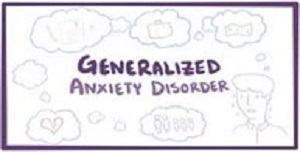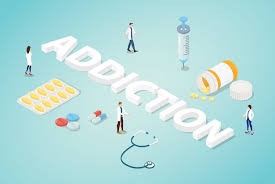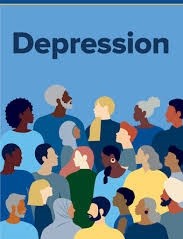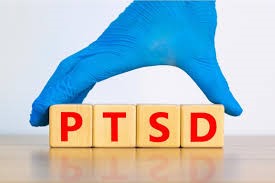Symptoms of mental health disorders can be incredibly dangerous for both your emotional and physical health.

Generalized anxiety disorder (or GAD) is marked by excessive, exaggerated anxiety and worry about everyday life events for no obvious reason. People with symptoms of generalized anxiety disorder tend to always expect disaster and can't stop worrying about health, money, family, work, or school.
A substance use disorder (SUD) is a mental disorder that affects a person's brain and behavior, leading to a person's inability to control their use of substances such as legal or illegal drugs, alcohol, or medications. Symptoms can range from moderate to severe, with addiction being the most severe form of SUDs.


Depression is a common and serious medical illness that negatively affects how you feel, the way you think, and how you act.
Bipolar disorder- formerly called manic depression, is a mental health condition that causes extreme mood swings that include emotional highs (mania or hypomania) and lows (depression). When you become depressed, you may feel sad or hopeless and lose interest or pleasure in most activities.

